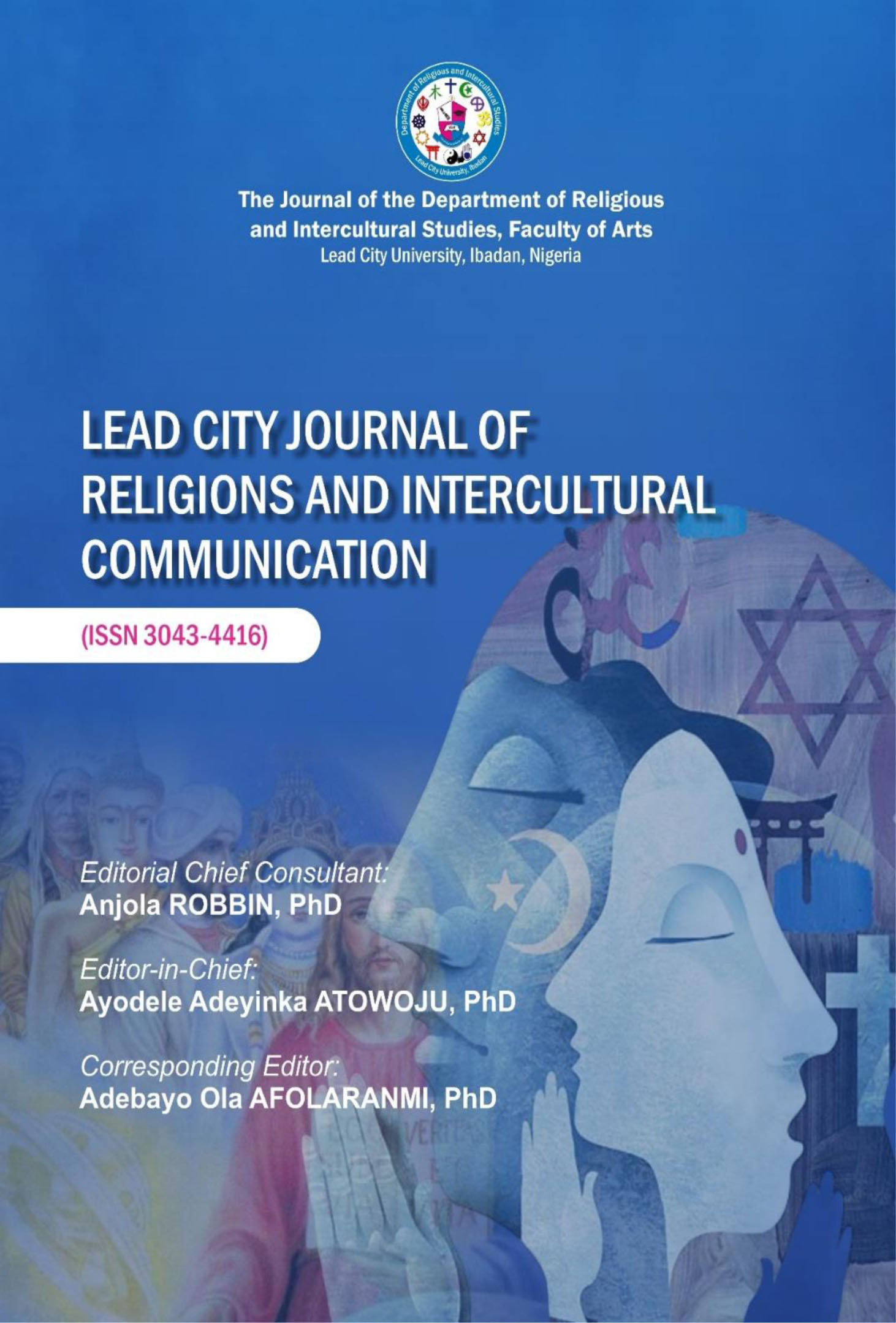The Nexus Between Artificial Intelligence (AI) and Educational Creativity in the Post-COVID-19 Era in Nigeria
Keywords:
Artificial Intelligence, Educational Creativity, Distance Learning, New Approach, Hybrid Classes Nigeria, Post-COVID-19 Era,Abstract
The relationship between Artificial Intelligence and educational creativity is the
subject of much research globally in the Fourth Industrial Revolution (4IR).
Scholars have researched on its impact on the educational system in the postCOVID-19 era in Nigeria. However, this paper aims to examine the nexus
between AI and educational creativity. This is the lacuna addressed by this
paper. To lessen the danger of the virus dispersal, social gatherings and
relocation were proscribed. The epidemic also caused standard classes (face-toface) to be interrupted, and education was temporarily suspended. Due to the
epidemic, potential resolutions and alternatives are presently being researched
to resolve the crisis in the educational system. This paper aims to see how
Artificial Intelligence can help educational creativity in the post-COVID-19 era
in Nigeria. The paper examines current research literature that explore the
impact of Artificial Intelligence on educational creativity in the post-COVID-19
era. A systematic literature review was employed, and the Disruptive
Innovation Theory forms the theoretical framework. The findings show that
Artificial Intelligence plays a major role in educational creativity, with emerging
technologies being used to pursue education in the COVID-19 and the postCOVID-19 era. Furthermore, Artificial Intelligence could not replace humans in the administration of education; rather, it will improve the accessibility to quality education through the use of digital technologies irrespective of time and
geographical location. Conclusively, Artificial Intelligence enhances educational
diversification and hybrid in Nigeria, especially in this age of digital technology
for online classes. The paper recommends that policymakers, business captains,
and individuals must leverage the opportunity that arises from the usage of
Artificial Intelligence to fully harness the potential of digital transformation and
sustainable development in the educational sector of Nigeria.

